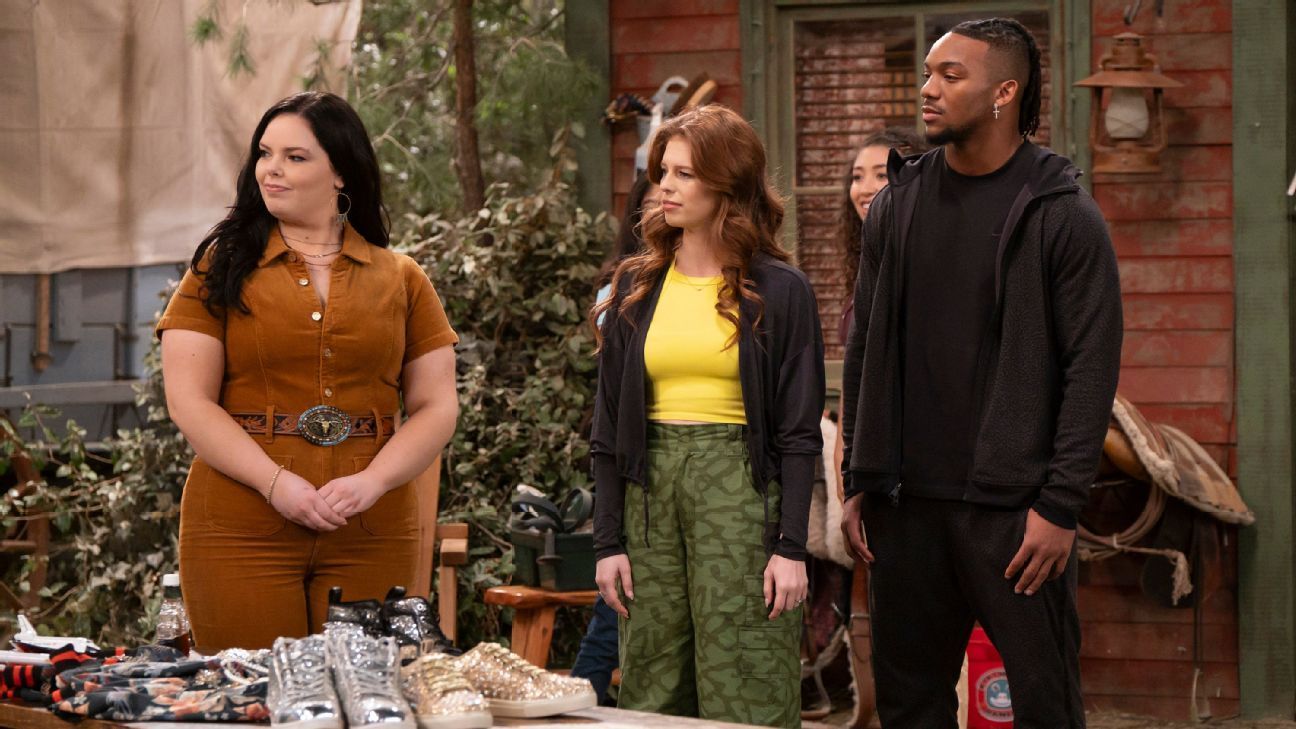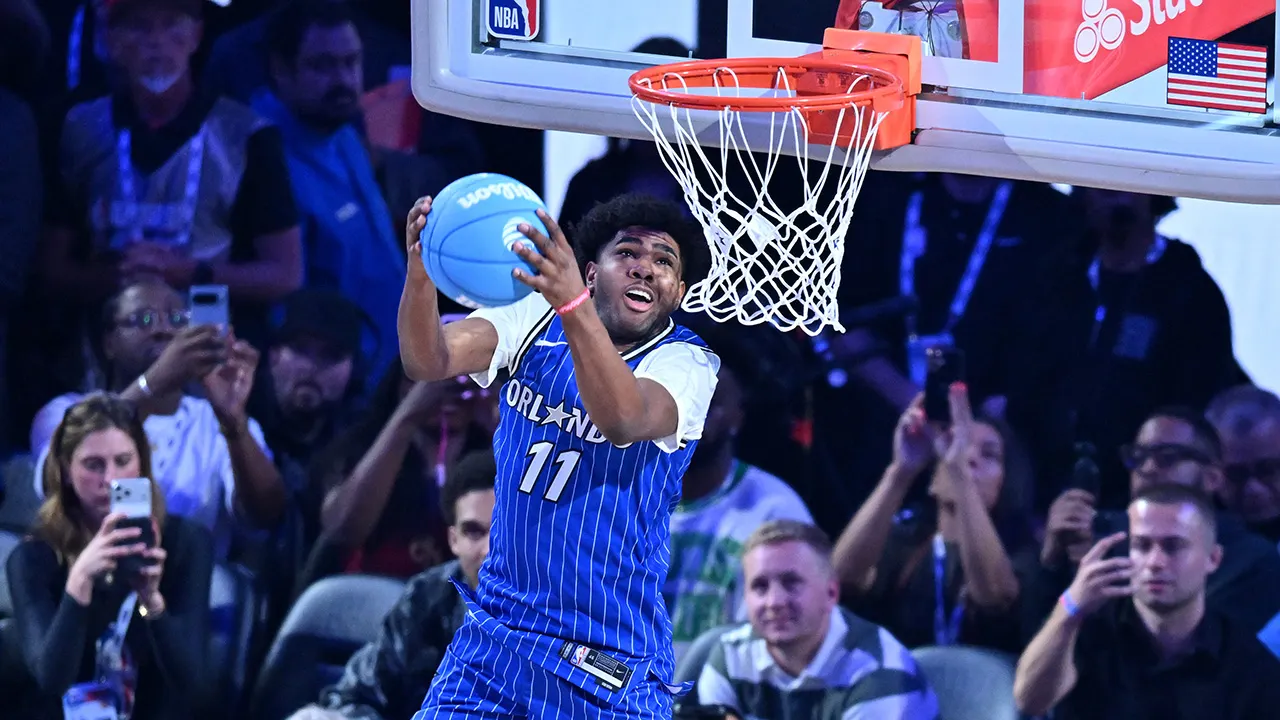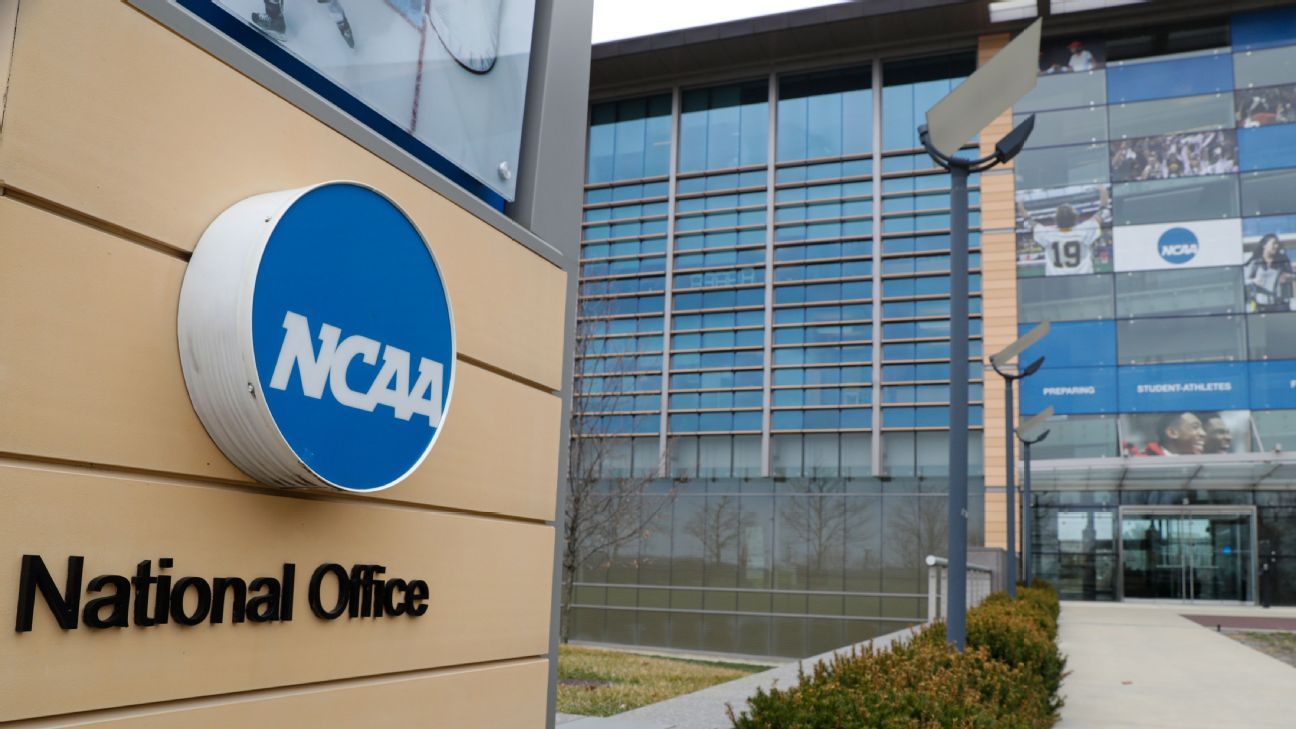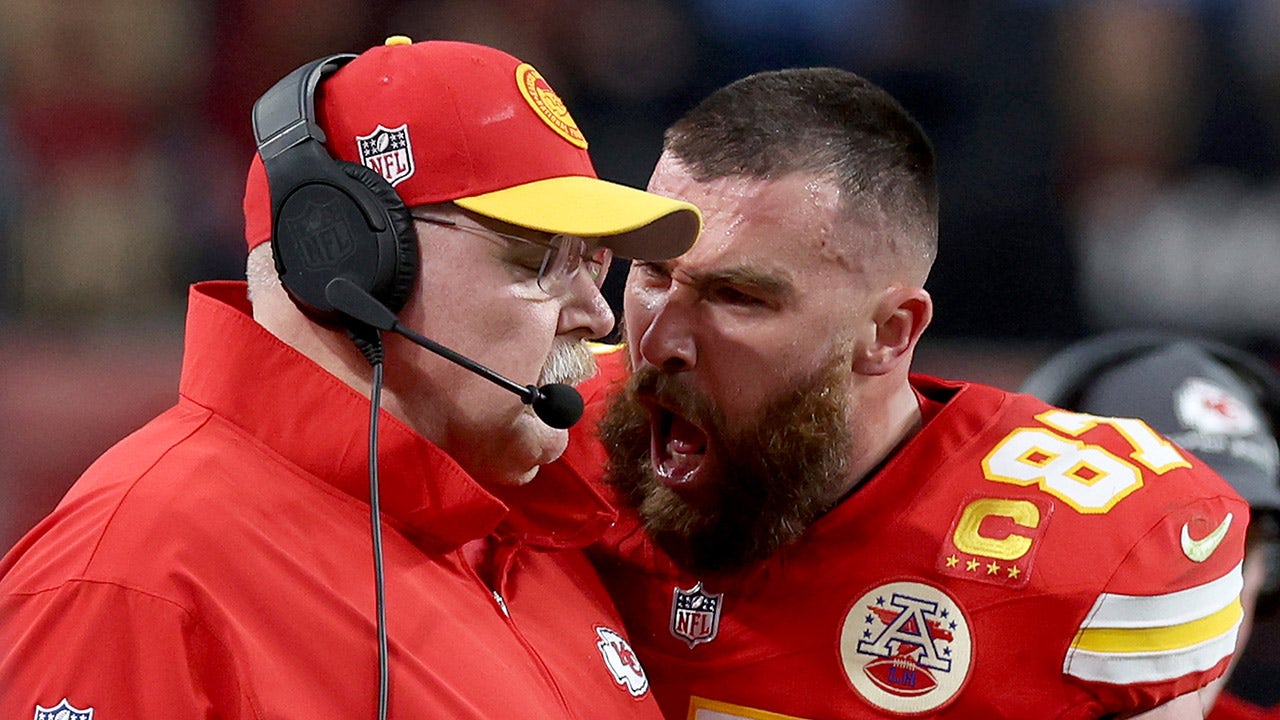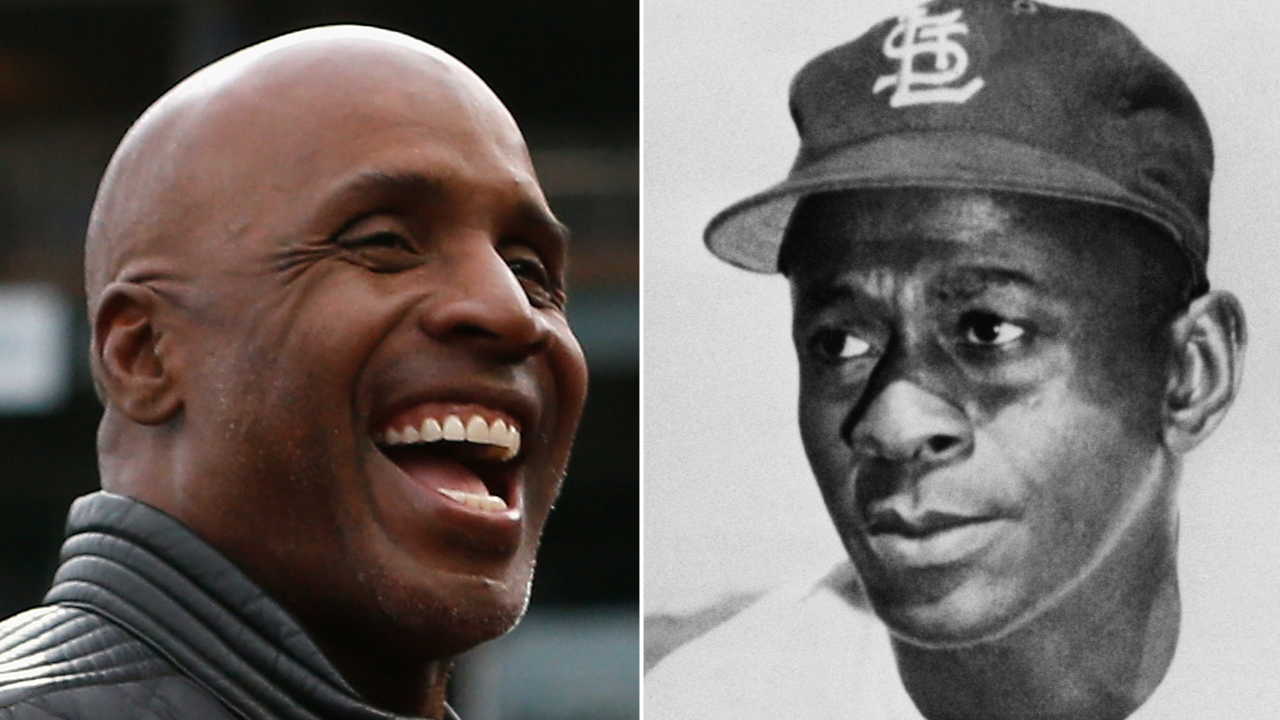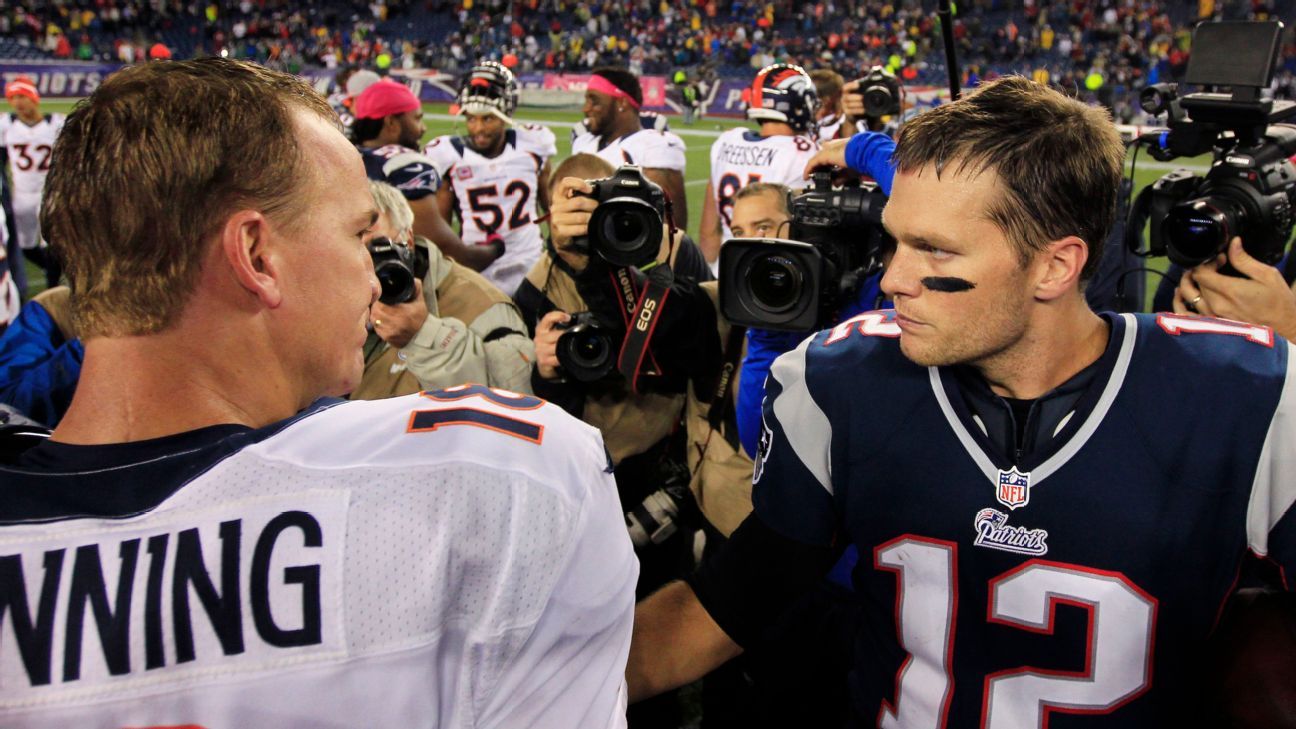It started when Bijan Robinson was in high school, before playing football at the University of Texas or becoming a first-round pick of the Atlanta Falcons.
He was a junior at Salpointe Catholic in Tucson, Arizona, and was on a recruiting trip, as a high-level running back prospect visiting Austin, when he had a brief passing introduction to someone who would become a key figure in his life.
Robinson didn't know he'd become friends with Matthew McConaughey, the Oscar-winning actor, Texas fan and Austin resident. Over time, they described their relationship as that of brothers.
“My freshman year, one of the guys from Texas asked me what I wanted to do,” Robinson said. “I said, 'One day I want to be an actor, after football, or even during it.'”
Big day for Bijan with 209 on his legs – Texas 34-27. @TexasLonghorns @FútbolTexas image.twitter.com/amamHrSThi
— Matthew McConaughey (@McConaughey) November 6, 2022
“He said, 'I should put you in touch with Matthew McConaughey.' I said, 'That would be great.'”
In Robinson's final year in Texas in 2022, he would hang out at McConaughey's house when the actor was in Austin. They would talk and text regularly and were often seen together around town, to the point where it became “There's McConaughey and Bijan. Really cool. Of course,” McConaughey told ESPN.
As their friendship deepened, he also became something of a mentor. When McConaughey realized how seriously Robinson took acting, he began offering advice about fame and life.
Robinson knew he wanted to try his hand at acting when he arrived in the NFL. He had already taken a class and had de facto mentors in McConaughey, Glen Powell and Jonathan Daviss, all established actors at different stages of their careers.
“I said, 'Yeah, man, you can do it,'” said director Jonas Pate, whose work includes the Netflix series “Outer Banks.” “And the sooner you treat it like you treat football and take it seriously and like a real craft and do the best you can to learn, the sooner you can be fully prepared.”
THE FIRST DAY In Barbara Chisholm's “Fundamentals of Acting” class at Texas, Robinson told her she had signed up because she was considering transferring to the department to study acting. She had had athletes in class before, but rarely freshmen, and she knew nothing about Robinson.
“It's a very uncomfortable class for a lot of students who aren't from a college major. I think some people think it's going to be something that it's not, but it's a very vulnerable thing to be in this class,” Chisholm said. “And he was very open and very excited.”
Chisholm encouraged her students to explore places they hadn't tried before, embodying a completely different person each time they took on a role. They didn't just memorize lines, they immersed themselves in the character. They learned to be honest in imaginary circumstances, something Chisholm calls “an easy concept to understand but a very difficult thing to achieve.”
In Robinson's case, he could play in front of 100,000 people, but he got nervous performing in front of 10.
Chisholm showed him similarities in their approaches: focusing on performance, nothing else.
“This isn't something that just comes to you,” Robinson said. “You have to understand that this is a craft and to be good at it, you have to do the same thing.”
Throughout the class, they collaborated on a variety of techniques and reference materials. This was important to Robinson because it allowed him to build genuine relationships with other aspiring actors.
The final exam was a prepared monologue for each student. Students had been nervously messaging each other through the Canvas app in the days leading up to the final. Chisholm asked who wanted to go first, and Robinson raised his hand. He’s still not sure why. He usually went last or close to finishing.
“I was so nervous that I was thinking about not doing it because I was like, 'What if I mess up?' It's a mental game,” Robinson said. “So, you're like, 'Yeah, you memorized it. But what if I mess up or say the wrong thing?'
“Or what if when you're done, no one says anything or Ms. Barbara says, 'Well, you could have done…' There were so many things going through my head.”
Chisholm and Robinson had already worked on the scene as part of their preparation for the final. In those sessions, Chisholm challenged Robinson to think of an incredibly difficult situation. What if he was speaking to his family and asking for permission to quit football? Judging by his reaction, Chisholm knew he had struck the right emotion.
“It was wonderful,” Chisholm said. “It was very, very honest.”
Robinson sat down Last summer, Robinson was in the cast trailer and saw his friend Daviss go silent. For a moment, Robinson felt worried.
They then headed to the set of “Outer Banks.” Upon arrival, Daviss stood in front of the camera while Robinson stood behind her and watched Pate yell, “Action.”
Daviss let out a tremendous scream. Robinson was a little nervous.
“Having to mentally put myself in that state and prepare for anything that could happen that day was pretty intense,” Robinson said. “And having seen him do all kinds of stuff like that, I was like, 'Man.'”
-I mean that's what I want to do.
After they left the set, Robinson peppered Davis with questions. What was he thinking? Where was he going mentally? How long did it take him to get there? How does he get back?
“He was able to see the method of how something is done,” Daviss said. “There are many different ways to do it and everyone has a different method.”
Daviss picked up on Robinson's passion for acting. Robinson cared about the process, not the roles, and what Daviss used as motivation. Robinson wanted to ask the 10 questions after the obvious ones to get deeper answers.
Sometimes, Daviss told him, he knew exactly what he was going to do beforehand. Other times, it's a reaction in the moment or something that's worked out through multiple takes. Daviss compared it to Robinson practicing a cut or a spin in football, not knowing how those skills would be used in a game.
Robinson understood this. He had heard it in Chisholm's class and in conversations with McConaughey, who stressed being comfortable in front of the camera to create authenticity.
Robinson returned home after his experience on “Outer Banks” and looked in the mirror for weeks and months to come. He began to think of the worst things that had ever happened to him or could ever happen to him.
Imagining how he would react if he saw his mother beaten in the street or if people he cared about were hurt, Robinson began to sweat and shake.
“And then,” Robinson said, “tears started coming out.”
“And at that moment I felt very happy.”
Robinson cried. He was moving to a place he didn't know he could reach. He found the process exhausting, interesting and enlightening.
Robinson learned an important acting lesson: he could channel emotions and cry on command.
McCONAUGHEY COMPARES ACTING Football. Each scene is like a play. Can you address the problems that might arise? What happens if someone gets stuck?
“A great performance is one that's done with a plan and obstacles that resist you,” McConaughey said. “And you have to find a way, whether it's fighting, running away or pulling out that lucky key to open that door and walk through it to get to where you want to go.”
“That's when you see life happen. That's what happens in life. That's what happens every day.”
One specific piece of advice from McConaughey resonated with Robinson. It has helped him in his acting, in his football interviews and in his approach to different life situations.
“Imagine you have a camera in front of you in real life. Can you do exactly the same thing in real life, but with a camera in front of you? I feel like we're all actors in real life, but we don't have a camera in front of us in real life.”
“If there was a camera in front of us and we were talking right now, could we talk exactly the same way while someone was watching us with a camera pointed at us?”
McConaughey, upon hearing the advice, explained why he shared it with Robinson.
“There's one take. The action is called the day we were born. The cut is called the day we die and leave this life,” McConaughey said. “What are we doing in that one take? As men, as people, as actors, as performers, that's what we have.
“Yes, in acting and in film, you and I can do a second take. We can even improve it on the second take. But that's like an extra round. You don't get it. You get to try again. You're forgiven. You make a mistake and you can make it right and do a second take in life. But it's all still part of the same first take.”
IT IS MIDDLE APRIL AND Robinson sits smiling at the Falcons' facility in Flowery Branch, Georgia. There are potential roles, he said, that he can't talk about yet.
Two months earlier, he had filmed a role playing himself in an episode of the Disney Channel show “Bunk'd.” This marked a step beyond commercials for his line of Bijan Mustardson condiments.
Two months later, Robinson was due to head to the set to play a part in “Outer Banks,” a role that had been conceived a year earlier when Robinson visited Daviss on the set and met Pate, a die-hard Falcons fan.
“At first I thought, 'Hey, we're going to cast you. We're going to shoot this,'” Pate said. “And I realized it was going to be good. And as the scripts progressed, we started to consider writing for him. And so we did.
“And then we had to give it to someone else. But basically, like any good young actor, he was trying to make a living.”
On set last year, Pate watched Robinson process and learn. The combination of last fall's writers strike, football and the shooting schedule made a speaking role this season, with clear lines, turn into a minor one without one.
If there is a fifth season, Pate said, he has a plan for Robinson. He also continues to think of roles for Robinson and encourages him to audition in the offseason. Pate insists Robinson can learn from the audition process, too.
“My passion and my joy is here, and my passion is football,” Robinson said. “But I think it's important for an athlete, or anyone, to have a plan B in their life that they also enjoy.”
“And I feel like that would be a great plan B for me.”

